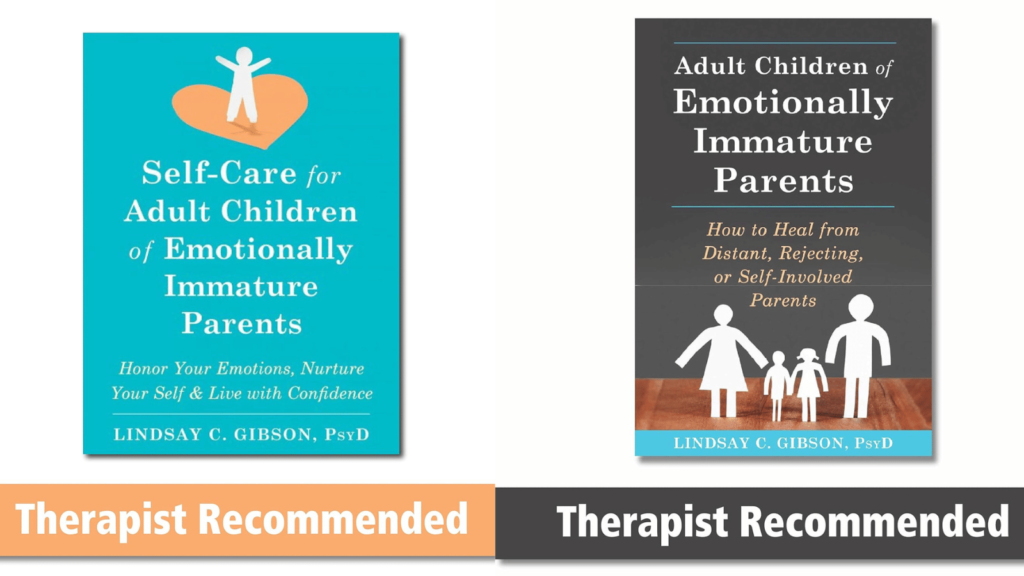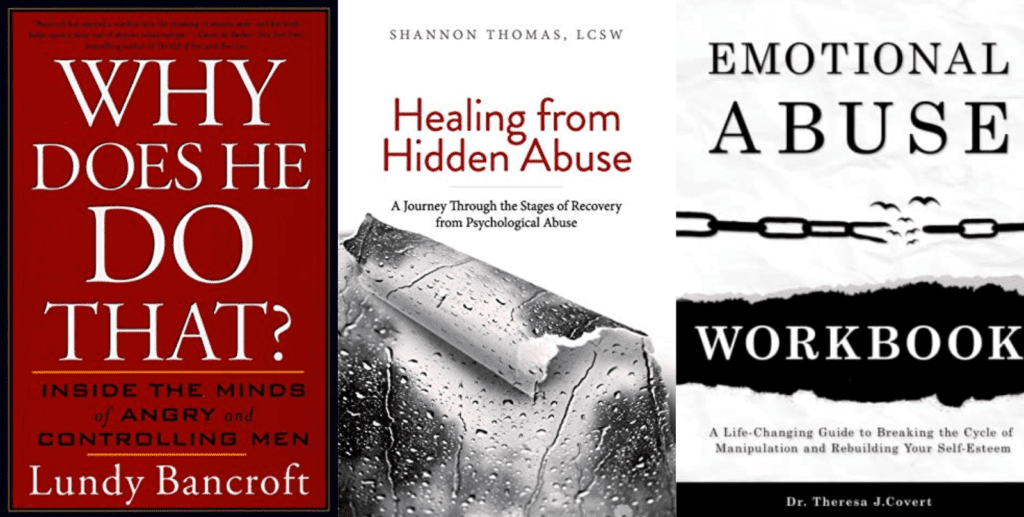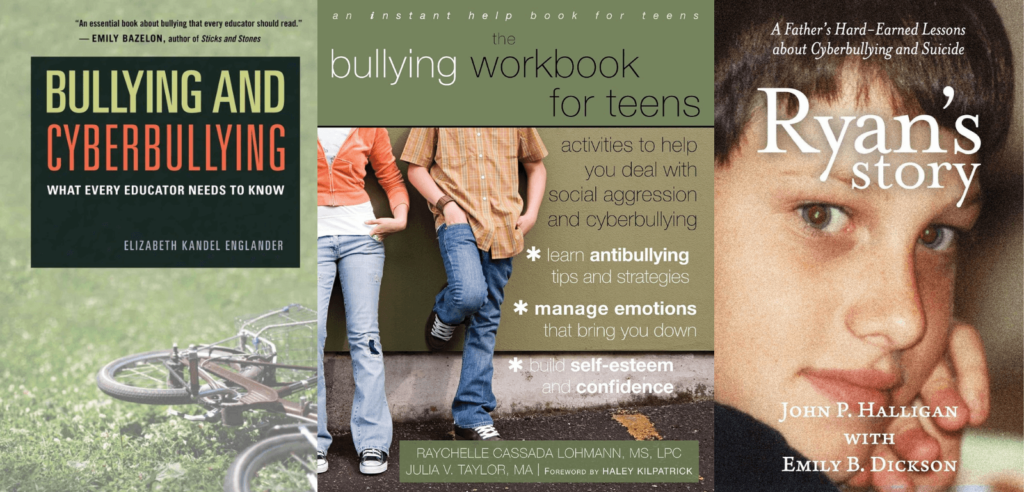The following are books for childhood emotional neglect to help you embark on your recovery journey.
Disclosure: Some of the links below are affiliate links. This means that, at zero cost to you, I will earn an affiliate commission if you click through the link and finalize a purchase.
Books For Childhood Emotional Neglect

1. Running on Empty: Overcome Your Childhood Emotional Neglect
By Jonice Webb
A practicing psychologist for more than twenty years, Jonice Webb has successfully treated numerous patients who come to her believing that something is missing inside them. While many self-help books deal with what happened to you as a child, in Running on Empty, Webb addresses the things that may not have happened for you. What goes unsaid―or what cannot be remembered―can have profound consequences that may be affecting you to this day.
Running on Empty will help you understand your experiences and give you clear strategies for healing. It also includes a special chapter for mental health professionals.
Related: Healing From Childhood Emotional Neglect In 6 Steps (+FREE Worksheets PDF)

2. Healing from the Emotionally Absent Mother
By Christy Lincoln
Author Christy Lincoln offers a compassionate and empowering resource for individuals who have experienced emotional absence in their relationship with their mothers. Within the pages of this guided journal, Lincoln combines her personal experiences and psychological expertise to provide a transformative journey towards healing and self-discovery.
Related: Childhood Emotional Neglect Test

3. Adult Children of Emotionally Immature Parents
By Lindsay C. Gibson
In this breakthrough book, clinical psychologist Lindsay Gibson exposes the destructive nature of parents who are emotionally immature or unavailable. You will see how these parents create a sense of neglect, and discover ways to heal from the pain and confusion caused by your childhood. By freeing yourself from your parents’ emotional immaturity, you can recover your true nature, control how you react to them, and avoid disappointment. Finally, you’ll learn how to create positive, new relationships so you can build a better life.
Related: Emotionally Unavailable Parents Test (+FREE Worksheets)

4. Recovering from Emotionally Immature Parents
By Lindsay C. Gibson
Drawing on the success of her popular self-help book, Adult Children of Emotionally Immature Parents, author Lindsay Gibson offers yet another essential resource. With this follow-up guide, you’ll learn practical skills to help you recognize the signs of an EI, protect yourself against an emotional takeover, reconnect with your own emotions and needs, and gain emotional autonomy in all your relationships. This is a how-to book, with doable exercises and active tips and suggestions for what to say and do to increase emotional autonomy and self-awareness.
Related: Top 8 Dysfunctional Family Roles

5. Self-Care for Adult Children of Emotionally Immature Parents
By Lindsay C. Gibson PsyD
In this compassionate guide, you’ll find tips and tools to help you set boundaries with others, honor and validate your emotions, and thrive in the face of life’s challenges.
You’ll discover how to protect yourself from hurtful behavior, stop making excuses for others’ limitations, forge healthier relationships, and feel more confident in your life. Most importantly, you’ll learn how to stop putting others’ needs before your own, and manage daily stressors with competence, clarity, and optimism.
Related: Adult Child Syndrome: 3 Steps To Break Family Cycles

How Books for Childhood Emotional Neglect Can Help
Books on childhood emotional neglect can be extremely helpful for adults who have experienced this type of neglect in their upbringing.
These books can offer valuable insights and understanding into the effects of emotional neglect, as well as provide guidance and strategies for healing and growth.
Here are a few ways that such books can assist:
1. Validation: Many individuals who have experienced childhood emotional neglect may struggle with feelings of self-doubt, confusion, and even guilt. Books on this topic can help validate their experiences, making them feel seen and understood. Knowing that they are not alone in their struggles can be incredibly comforting and empowering.
2. Understanding emotions: Emotional neglect often leads to difficulties in identifying and expressing emotions. Books can provide education and awareness about various emotions, helping individuals develop a better understanding of their own emotional landscape. This knowledge can be crucial in learning how to navigate and manage emotions effectively.
3. Healing strategies: Books on childhood emotional neglect typically offer practical strategies and techniques for healing. They may provide insights into building self-esteem, setting boundaries, developing self-compassion, and improving interpersonal relationships. These strategies can be instrumental in the journey towards overcoming the effects of emotional neglect.
4. Self-reflection and growth: Reading about childhood emotional neglect can prompt self-reflection and introspection. Books often include exercises and reflection questions that encourage individuals to explore their own experiences and emotions more deeply. This process of self-discovery can foster personal growth and contribute to healing.
5. Building a support network: Books can also guide individuals in finding supportive communities and resources. They often recommend therapy or support groups as valuable tools for healing from emotional neglect. By connecting with others who have had similar experiences, individuals can find a sense of belonging and gain additional support on their path to recovery.
Conclusion
It’s important to note that while books can provide valuable support, they are not a substitute for professional help.
If someone is struggling with the effects of childhood emotional neglect, it may be beneficial to seek the guidance of a therapist or counselor who specializes in this area.



